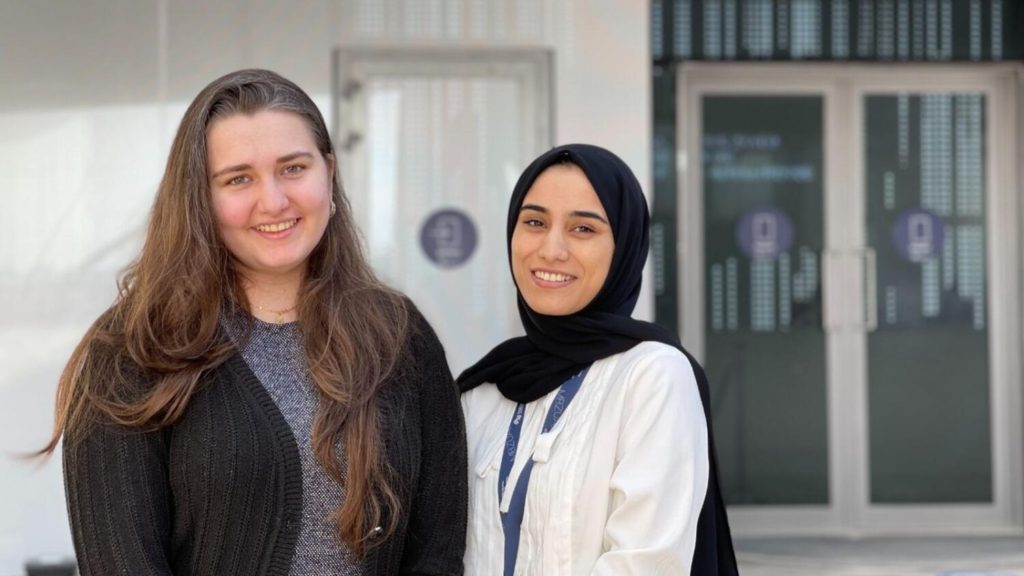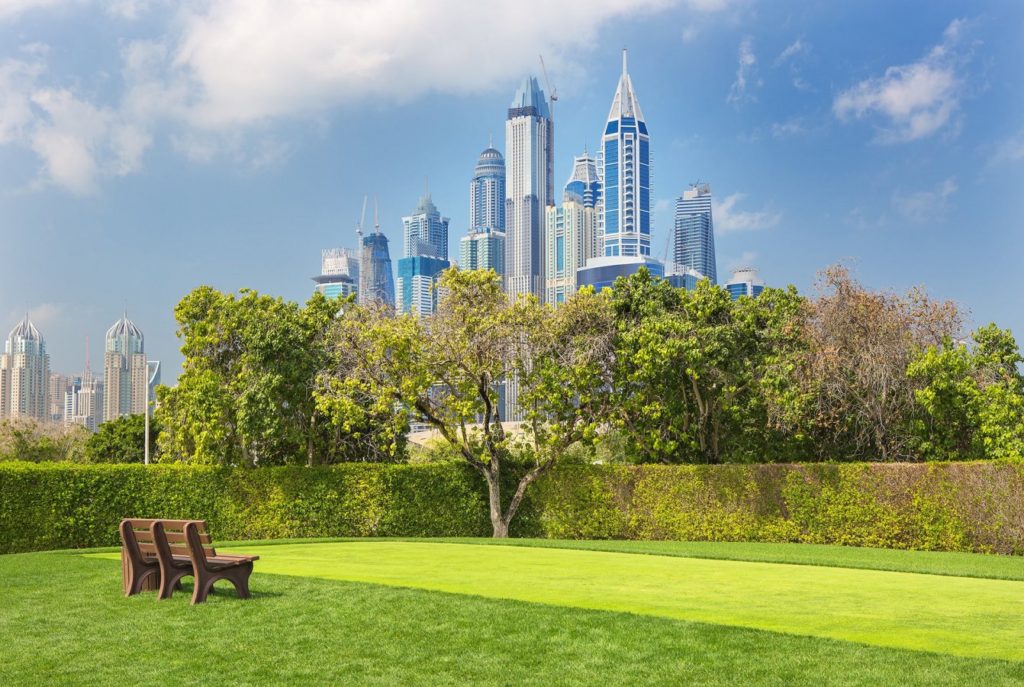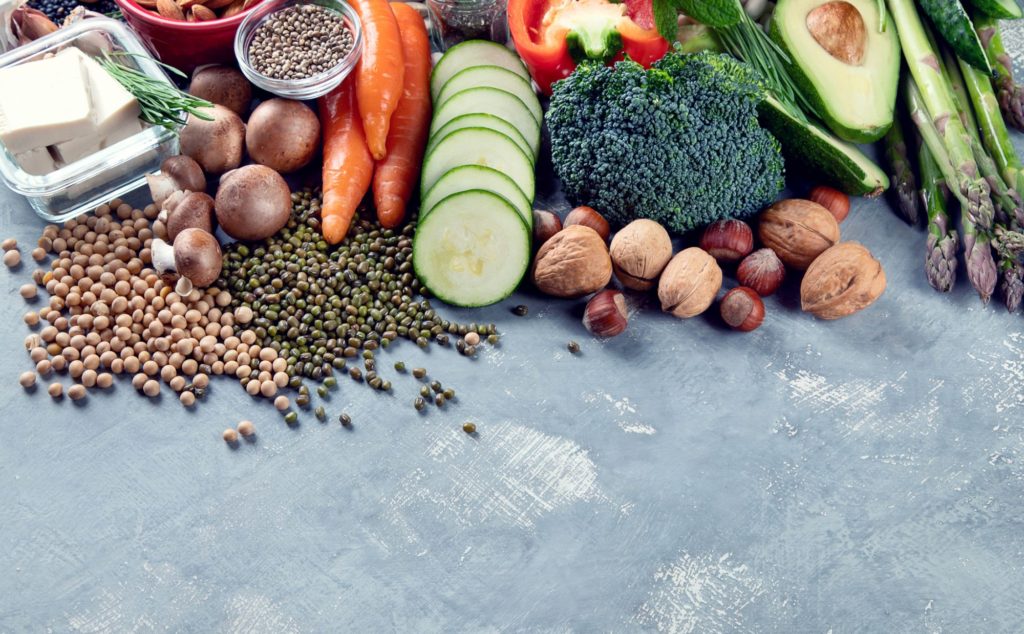The United Arab Emirates, as always, impresses us with yet another state-of-the-art innovation. A country that prioritizes well-being and easy living while also being environmentally responsible and sustainable will surely have bright young minds that will do just that, which is what happened with two students Sarah Al Barri and Mugariya Farooq from the Mohamed Bin Zayed University of Artificial Intelligence (MBZUAI) in Abu Dhabi.
So, what ground-breaking development have they done in their field of studying, and what did they present that will change the market in UAE and hopefully the world?
The Sow

In early March a new national initiative called “Ne’ma”, or “Grace” translated, launched to address the food waste problem in the country. Encouraging all sectors and civilians towards responsible consumption and preserving food resources for a sustainable future. A couple of days after Al Barri and Farooq, the two students working on their Master’s degree in Machine Learning at MBZUAI announced their framework for the AI program.
The Process

Basically, it’s a machine learning framework to detect plant disease by taking pictures using a drone and predicting crop yield through information on a mobile app. The artificial intelligence-powered solution for the agriculture industry consists of two major parts that work together. Al Barri said to Khaleej Times: “In the first part, computer vision is trained to diagnose early-stage diseases in plant crops. Due to their popularity, and thus impact, we chose tomatoes, potatoes, and peppers. In the second part, a machine learning model is trained to precisely predict the actual yield for a planted farm. Early disease detection reduces the resources such as water, fertilizers, and pesticides that could be wasted on growing diseased plants”. This is fairly straightforward in theory but the second part is where the magic happens.
Farooq continued to Khaleej Times saying that “It can enable farmers to know beforehand the amount they should produce thus they can allocate and manage their resources accordingly. If demand and supply are equal, then prices will stabilize. If fruit and vegetable prices do not fluctuate, supermarkets will not have to dispose of the huge quantities of food they normally do, thereby limiting food wastage.”This indeed helps quickly and easily to eliminate the problem from the root and also aids the economy to progress way faster.
The Reap
Personal gain first, The project won second place at the agricultural hackathon and coined a Dh30,000 prize. It also got featured at the Masdar Innovate stand in the Abu Dhabi Sustainability Week and the World Future Energy Summit, and more recently, at the UAE Innovates event in Expo 2020 Dubai.
The public gain is that early-stage detection of diseases and knowledge of the yield will help the farming community to stabilize the supply and demand of different crops.
The two-way ensures mutual benefit for both farmers and retailers, to cut down waste and therefore keep the supply and demand at a steady stream.
This is a giant leap for the UAE into the sustainable lifestyle being implemented slowly yet surely throughout the county. The future is not just bright, it is bright green!




